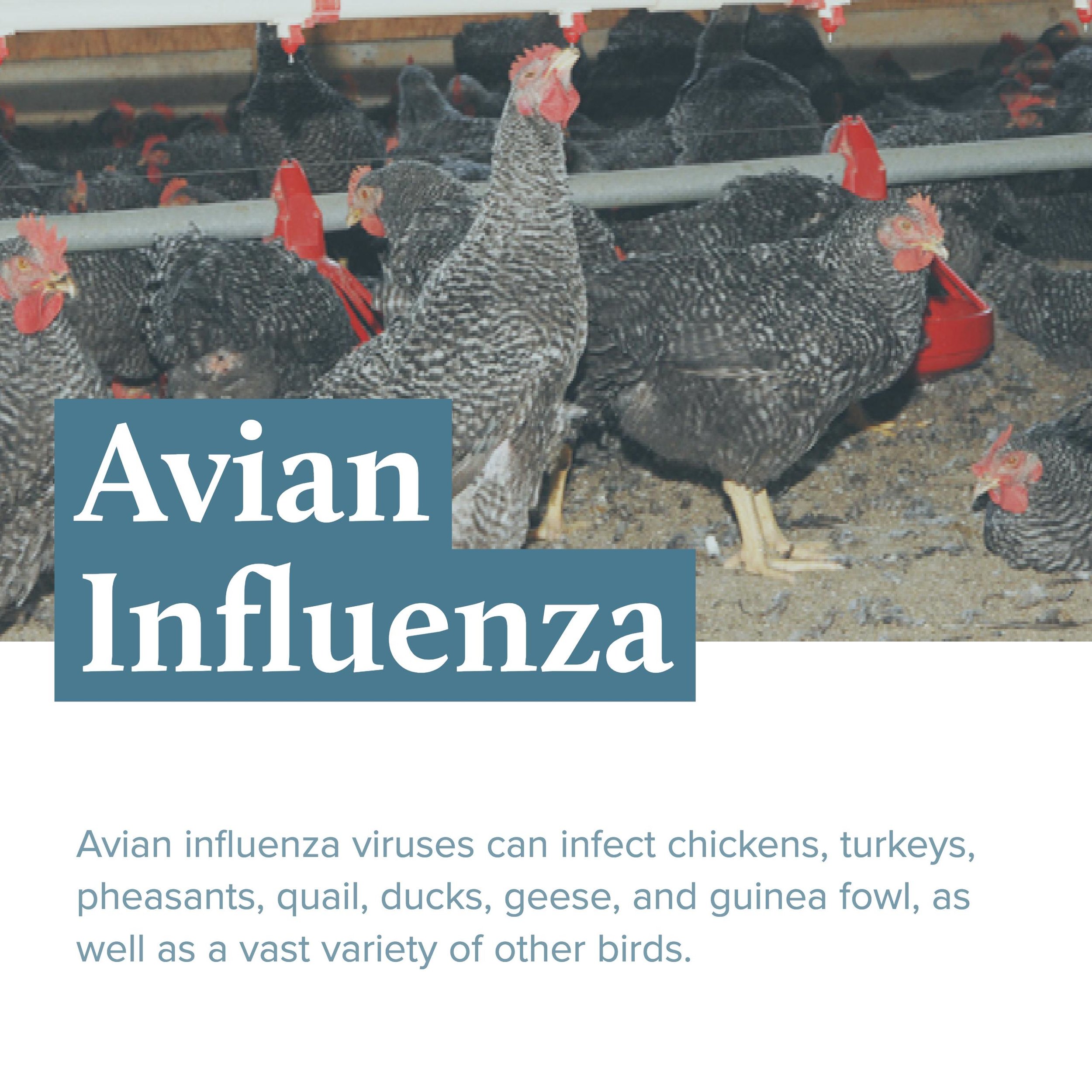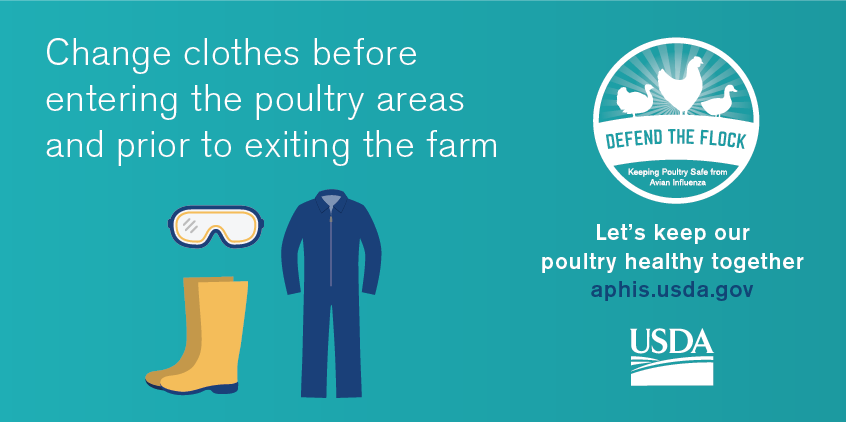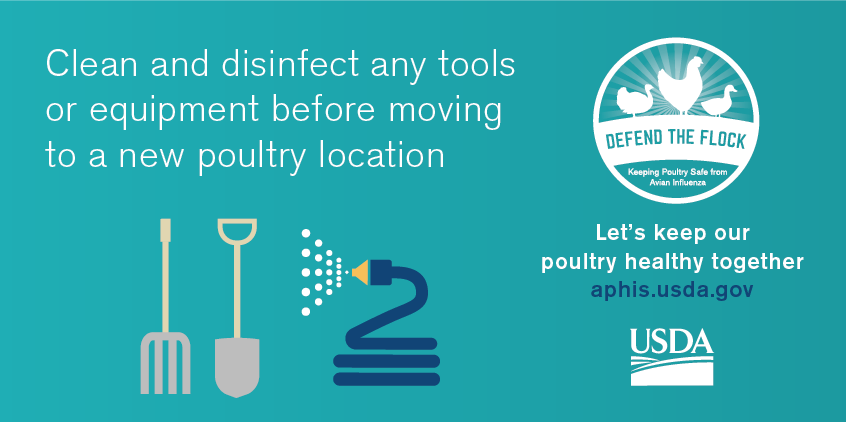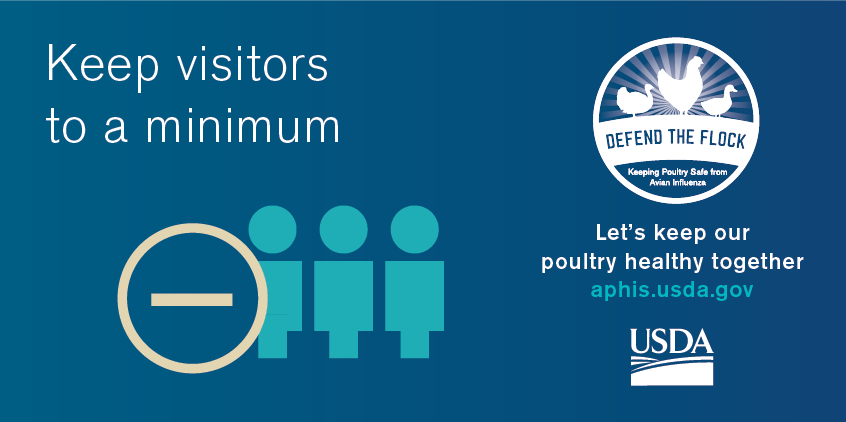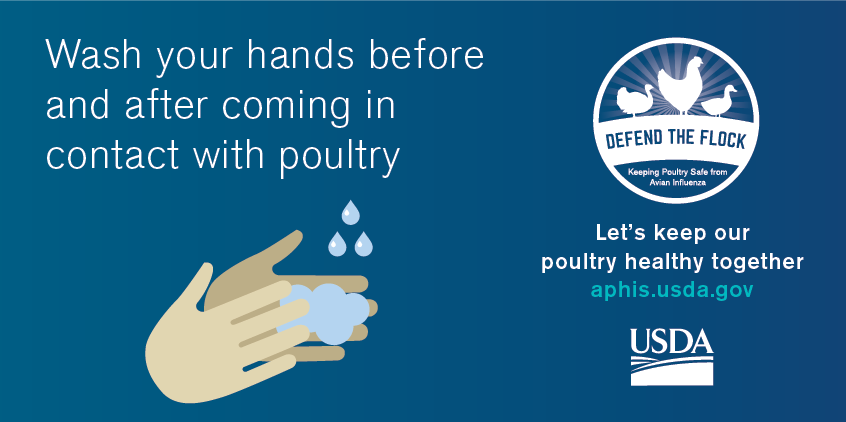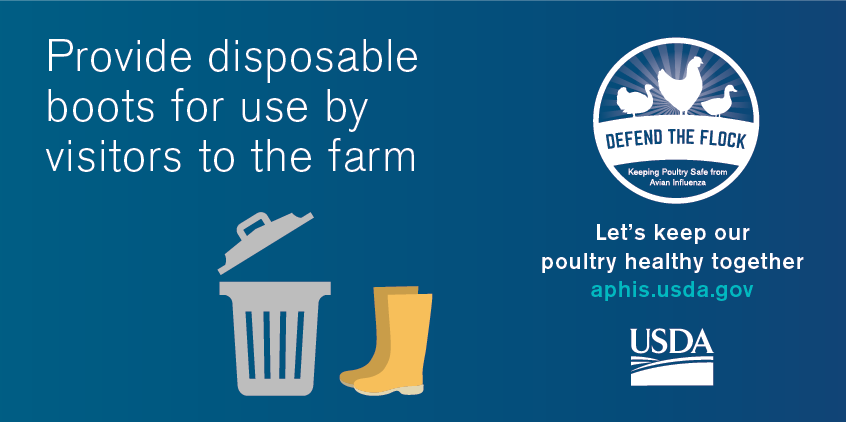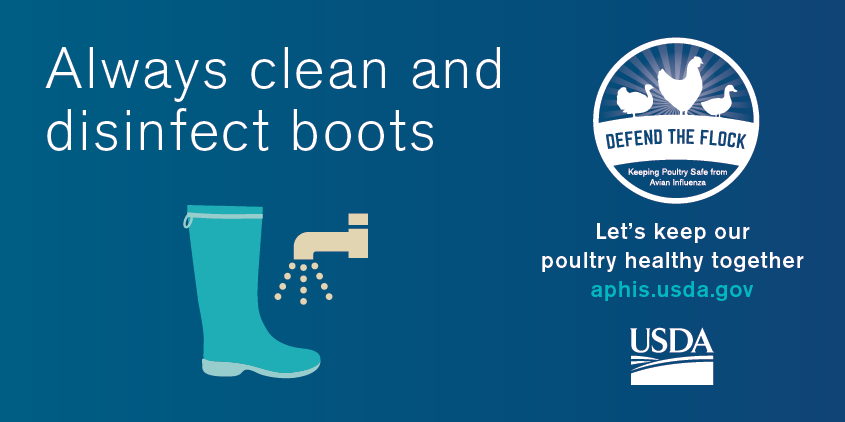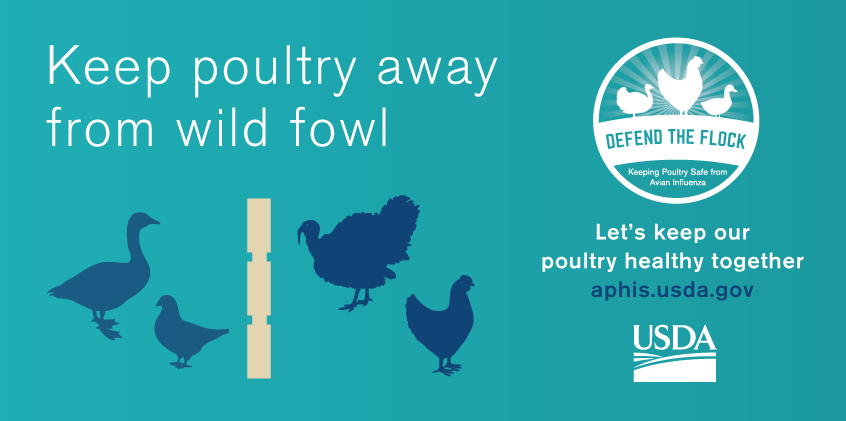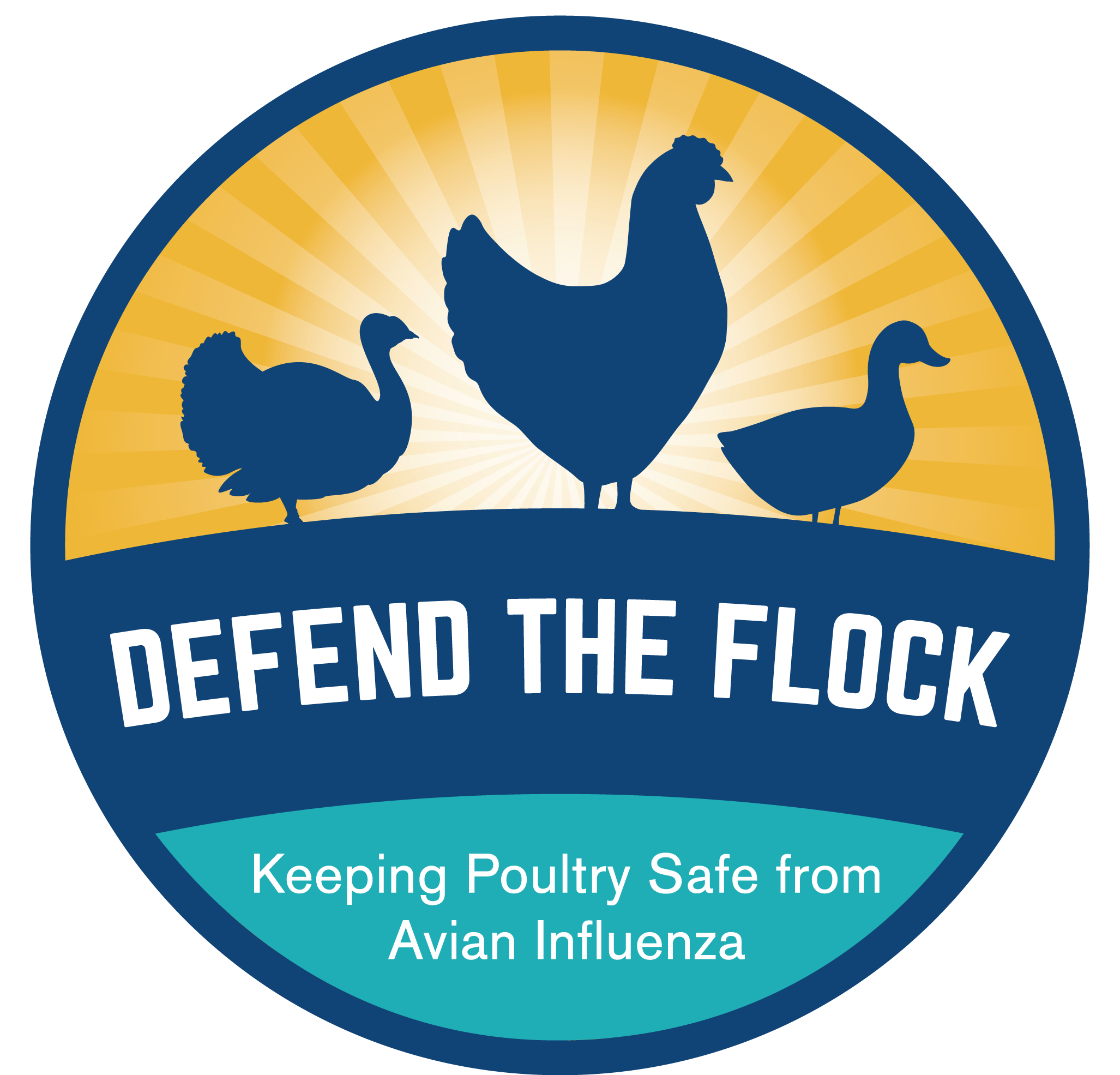Up-to-date ID
Parties mean doors getting opened a lot. Even if you have thoughtfully hung a sign on your bedroom door saying ‘Do Not Open’, or if you have your pets safely contained in a crate inside the bedroom, accidents happen. Make sure your pet ID tags and microchip information has your current address and phone numbers.
Confining your pet
Many pets have a favorite hiding place they go to when frightened. For some pets, a crate can lend a feeling of safety, security, and act as a sort of sanctuary. However, for some pets that did not grow up using a crate, it may only cause more stress and lead to injuries of their nails or teeth trying to get out. If crating is not an option, place your pet in a room they cannot hurt themselves or damage any belongings.
Exercise
For dogs and even cats, giving them plenty of exercise on New Years Eve day will help them achieve a more restful sleep that night. A good long walk or hike with your pup will help burn off any day-of anxiety for both you and your dog.
No human food
Make sure everyone is on the same page that the dog is not allowed table scraps. The #1 reason pet owners end up at the emergency vet on New Year’s Eve or New Year’s Day is due to a sick pet from too much people food, good or bad. Even supposed ‘safe’ foods you think of can lead to pancreatitis, which can be fatal.
White noise
Fireworks and loud music can disturb and upset even the calmest of pets. Put on white noise or classical music at a volume that will cover up outside noise. For sound-sensitive animals, many pets find relief in using a Thundershirt pet wrap (available at most pet stores).
Distract with toys or games
Food puzzles and new toys to play with during the time there will be a lot of noise or festivities will keep an active and distracted mind. For cat owners, try spritzing catnip spray on the new toy. For dog owners, stuff a puzzle toy with peanut butter to keep their attention focus (we highly suggest peanut butter filled Kongs).
Don’t reward anxious behavior
It is ok to hug them, but do not reward any anxious behavior by fussing over them. Staying happy and in control lets them know everything is ok.
Talk to your veterinarian
If your doctor is already familiar with your pet’s issue, speak with your vet to consider anti-anxiety medication for your pet. Other options are diffusers (Adaptil for dogs, Feliway for cats) which release natural pheromones that help keep pets calm during times of stress.
Hear From Us Again
Don't forget to subscribe to our email newsletter for more recipes, articles, and clinic updates delivered to your inbox (here). Or, you can keep up to date by liking and following our Facebook page (here).
Related: We have more information under our cat health + dog health categories.






